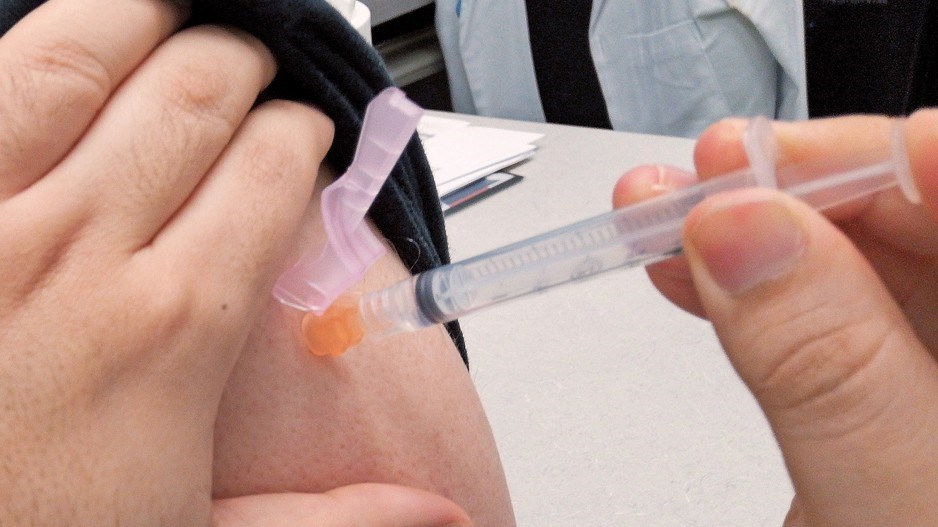The day before Ontario issued a four-week stay-at-home order to counter surging COVID-19 cases, B.C.’s top doctor appeared reluctant to consider further restrictions on the West Coast amid spikes in the P.1 variant commonly associated with Brazil.
“It’s not simple to put bubble wrap around everybody and prevent transmission,” B.C. provincial health officer Dr. Bonnie Henry said April 6 after being pressed on the matter.
That same day, the province had detected 877 cases of the highly contagious P.1 variant – more than double the 379 cases that had been detected five days earlier.
The variant’s alarming spread and the potential for further restrictions – perhaps coming too late – is enough cause for concern about B.C.’s economic recovery, according to experts.
“It’s a very shaky and fragile situation at the moment,” said economist Jock Finlayson, senior policy adviser at the Business Council of BC.
“A few months ago we thought we were doing better than the U.S. and a lot of other advanced economies. Today, I would flip that completely around and say that the U.S. is powering ahead and I think we’re stumbling badly because of the flawed and very slow vaccine procurement and rollout strategy.”
Early in the month the province was administering record numbers of COVID-19 vaccines doses to British Columbians: about 32,000 a day at times.
But at a rate of 32,000 doses per day, it would take the province until November to administer all remaining doses to 4.3 million eligible British Columbians when taking into account those who’ve already received one or more jabs.
“The virus is spreading and mutating much more quickly than the vaccines are being delivered and administered, and so I think we’ve really fallen behind,” Finlayson said.
In the event of strict lockdowns in the immediate future, he believes any hits to B.C.’s economic recovery would be short-lived with expansion picking up again after the second quarter.
B.C.’s current mass vaccination plan would see all residents who wish to be vaccinated get at least their first dose by late June or early July.
Bryan Yu, chief economist at Central 1 Credit Union, said the extent to which the province’s economic recovery is harmed by the rapid spread of the P.1 variant will depend on how extensive any potential restrictions are.
Like Finlayson, he believes any setbacks brought on by the variants of concern will be short lived.
“What we’ve also seen, though, during the various waves of the pandemic, and in Ontario as well as other provinces, is that the economy has generally been proven resilient,” he said.
For example, the quick adoption of e-commerce tools for retailers, and a food culture reoriented around deliveries has kept hard-hit sectors alive over the past year, according to Yu.
He pointed out that B.C.’s milder weather has also helped it avoid some of the harsher restrictions that have hit provinces such as Ontario and Quebec over the past year.
Yu said the ability to do more leisure activities outdoors could cushion the province from some economic setbacks if more restrictions are imposed on the West Coast.
Central 1 currently forecasts that B.C.’s economy will grow 4.2% in 2021.
“That could be on the low side,” said Yu, adding B.C. exports are set to benefit from U.S. economic expansion amid that country’s more successful mass vaccination campaign.
“We are definitely lagging in terms of vaccine. We’d like to see more. Part of it is due to supply constraints. But we should also start to see those numbers pick up as well and hopefully counteract some of rise in the COVID-19 numbers.” •




